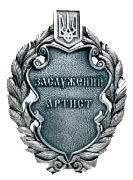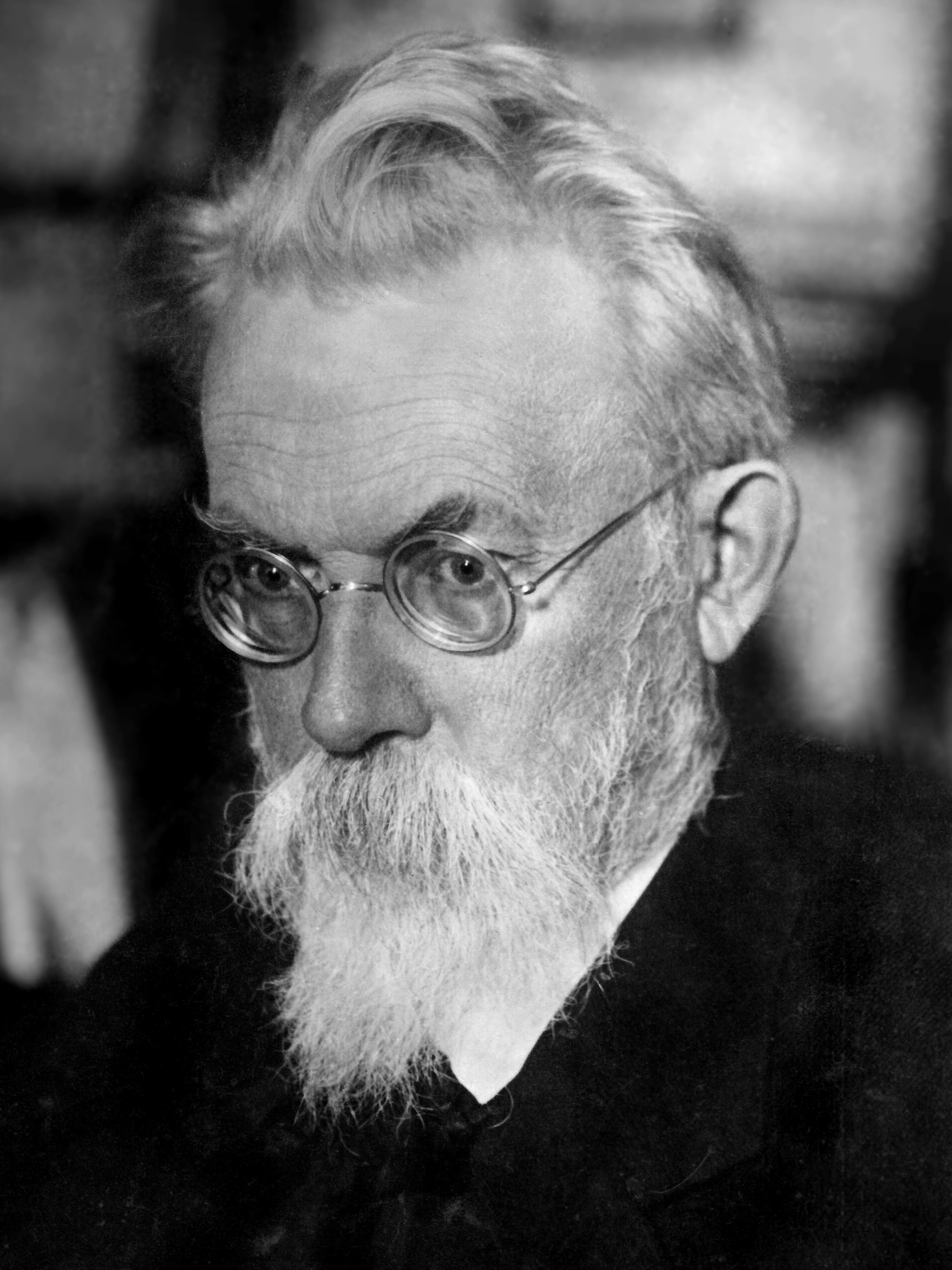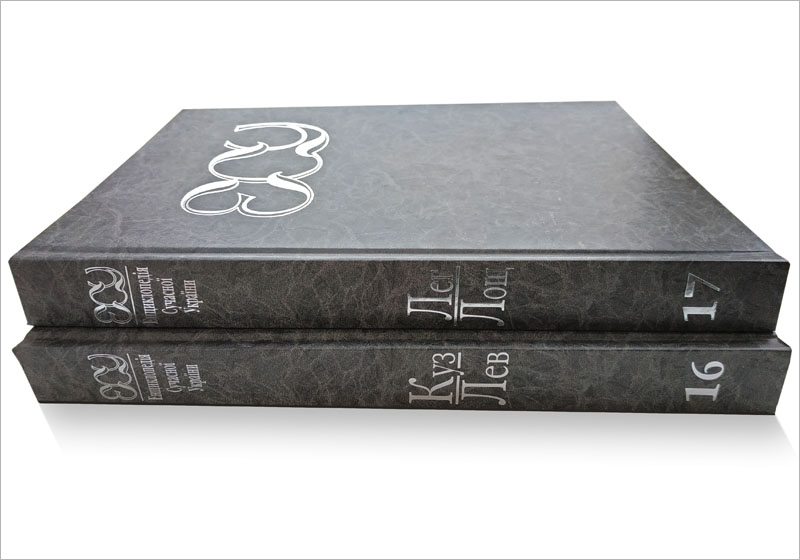|
Pavlo Movchan
Pavlo Mykhailovych Movchan (; born 13 July 1939) is a Ukrainian poet and politician who served as a People's Deputy of Ukraine from 1990 to 2006 and from 2007 to 2012. Prior to taking office, Movchan was a poet who was associated with the Sixtiers and Soviet dissidents. Early life and education Pavlo Mykhailovych Movchan was born 13 July 1939 in the village of , then part of the Soviet Union. Both of his parents were collective farmers. From 1958 to 1960 he studied at the Taras Shevchenko National University of Kyiv, later studying at the Maxim Gorky Literature Institute. From 1966 to 1967, Movchan worked as a fisherman; he later studied under the State Committee for Cinematography and worked as a screenwriter at Dovzhenko Film Studios. He was the head of a hydrometeorology research study conducted by the Academy of Sciences of the Soviet Union. Literary career Movchan made his debut in 1963, releasing the collection ''Here!'' (). His literary style during this time was clos ... [...More Info...] [...Related Items...] OR: [Wikipedia] [Google] [Baidu] |
Merited Artist Of Ukraine
Honored Artist of Ukraine (; also translated as Honored (Performing) Artist of Ukraine or Merited (Performing) Artist of Ukraine) is a state honorary title of decoration of the Ukrainian government. Originally awarded by the Ukrainian SSR, the award continued after Ukraine regained independence, recognizing outstanding achievement in the performing arts. The ''Law of Ukraine regulates it Regarding the State Awards of Ukraine'' (#1549-14). Definition The title is the state award of Ukraine that is given for personal merit by the State of Ukraine to citizens who have worked in their respective economic or socio-cultural fields as a rule for no less than ten (10) years, obtaining high on-the-job achievements and professional mastery. Conditions The title is awarded by the President of Ukraine The president of Ukraine (, ) is the head of state of Ukraine. The president represents the nation in international relations, administers the foreign political activity of the sta ... [...More Info...] [...Related Items...] OR: [Wikipedia] [Google] [Baidu] |
Maxim Gorky Literature Institute
The Maxim Gorky Literature Institute () is an institution of higher education in Moscow, Russia. It is located at 25 Tverskoy Boulevard in central Moscow. History The institute was founded in 1933 on the initiative of Maxim Gorky, a writer, founder of the socialist realism literary method, and a political activist. It received its current name at Gorky's death in 1936. The institute has been at the same location, not far from Pushkin Square, for more than seventy years, in a complex of historic buildings dating back to the 18th and 19th centuries. The main building at 25 Tverskoy Boulevard was the birthplace of Alexander Herzen and frequented by well-known writers of the 19th century, including Nikolai Gogol, Vissarion Belinsky, Pyotr Chaadayev, Aleksey Khomyakov, and Yevgeny Baratynsky. In the 1920s it housed various writers' organizations and a literary museum. It also provided accommodations for writers, including Andrei Platonov, Vsevolod Ivanov, Osip Mandelstam, and Boris ... [...More Info...] [...Related Items...] OR: [Wikipedia] [Google] [Baidu] |
Ivan Dziuba
Ivan Mykhailovych Dziuba (; 26 July 1931 – 22 February 2022) was a Ukrainian literary critic, social activist, and Soviet dissident. Honoured as a Hero of Ukraine in 2001, Dziuba was an academic of National Academy of Sciences of Ukraine, the second Minister of Culture of Ukraine (1992—1994), and head of the committee for Shevchenko National Prize (1999–2001). Dziuba was the editor in chief of the magazine ''The Contemporary'' (Ukrainian: Сучасність) and during the 1990s was a member of the editorial boards of scientific magazines ''Kyiv Antiquity'' (Ukrainian: Київська старовина), ''Word and Time'' (Ukrainian: Слово і час), ''Euroatlantic'' (Ukrainian: Євроатлантика), and others. He was also the Co-Chief of editorial board of the ''Encyclopedia of Modern Ukraine''. Biography Born into a peasant family, Dziuba spoke Russian language until 17 years of age. In 1932, his family, fleeing from the famine, moved from their home ... [...More Info...] [...Related Items...] OR: [Wikipedia] [Google] [Baidu] |
Existentialism
Existentialism is a family of philosophical views and inquiry that explore the human individual's struggle to lead an authentic life despite the apparent absurdity or incomprehensibility of existence. In examining meaning, purpose, and value, existentialist thought often includes concepts such as existential crises, angst, courage, and freedom. Existentialism is associated with several 19th- and 20th-century European philosophers who shared an emphasis on the human subject, despite often profound differences in thought. Among the 19th-century figures now associated with existentialism are philosophers Søren Kierkegaard and Friedrich Nietzsche, as well as novelist Fyodor Dostoevsky, all of whom critiqued rationalism and concerned themselves with the problem of meaning. The word ''existentialism'', however, was not coined until the mid 20th century, during which it became most associated with contemporaneous philosophers Jean-Paul Sartre, Martin Heidegger, Simone de Beau ... [...More Info...] [...Related Items...] OR: [Wikipedia] [Google] [Baidu] |
Moscow
Moscow is the Capital city, capital and List of cities and towns in Russia by population, largest city of Russia, standing on the Moskva (river), Moskva River in Central Russia. It has a population estimated at over 13 million residents within the city limits, over 19.1 million residents in the urban area, and over 21.5 million residents in Moscow metropolitan area, its metropolitan area. The city covers an area of , while the urban area covers , and the metropolitan area covers over . Moscow is among the world's List of largest cities, largest cities, being the List of European cities by population within city limits, most populous city entirely in Europe, the largest List of urban areas in Europe, urban and List of metropolitan areas in Europe, metropolitan area in Europe, and the largest city by land area on the European continent. First documented in 1147, Moscow became the capital of the Grand Principality of Moscow, which led the unification of the Russian lan ... [...More Info...] [...Related Items...] OR: [Wikipedia] [Google] [Baidu] |
Shevchenko Scientific Society
The Shevchenko Scientific Society (), founded in 1873, is a Ukrainian scientific society devoted to the promotion of scholarly research and publication. Unlike the government-funded National Academy of Sciences of Ukraine, the society is a public organization. It was reestablished in Ukraine in 1989 during the fall of the Soviet Union, after being exiled from Ukraine since 1940. The society now has branches in several countries around the globe, such as the United States, Canada, Australia, and France. The organisation is named after the famous Ukrainian poet, writer, artist, public and political figure, Taras Shevchenko. History It was founded in 1873 in Lemberg (today Lviv), at that time the capital of the Austrian crown land of Kingdom of Galicia and Lodomeria, as a literary society devoted to the promotion of Ukrainian language literature initially under the name Shevchenko Society. It was established soon after another cultural society, better known as Prosvita (Enlight ... [...More Info...] [...Related Items...] OR: [Wikipedia] [Google] [Baidu] |
National Academy Of Sciences Of Ukraine
The National Academy of Sciences of Ukraine (NASU; , ; ''NAN Ukrainy'') is a self-governing state-funded organization in Ukraine that is the main center of development of Science and technology in Ukraine, science and technology by coordinating a system of research institutes in the country. It is the main research oriented organization along with the five other academies in Ukraine specialized in various scientific disciplines. NAS Ukraine consists of numerous departments, sections, research institutes, scientific centers and various other supporting scientific organizations. The Academy reports on the annual basis to the Cabinet of Ministers of Ukraine. The presidium of the academy is located at vulytsia Volodymyrska, 54, across the street from the Ukrainian Club Building, Building of Pedagogical Museum, which was used to host the Central Rada, Central Council during the independence period of 1917-18. In 1919–1991 it was a republican branch of the Academy of Sciences ... [...More Info...] [...Related Items...] OR: [Wikipedia] [Google] [Baidu] |
Encyclopedia Of Modern Ukraine
The ''Encyclopedia of Modern Ukraine'' (), abbreviated EMU, is a multi-volume national encyclopedia of Ukraine. It is an academic project of the Institute of Encyclopaedic Research of the National Academy of Sciences of Ukraine. Today, the reference work is available in a print edition and online. The ''EMU'' provides an integral image of modern Ukraine describing events, institutions, organizations, activities, notions and people from the early 20th century to the present. It embraces all spheres of life in Ukraine, and reflects current views on historical events and personalities. Paper edition A first edition has been in progress. 30 volumes are planned — by 2022 24 volumes had been published and it has already become the most comprehensive paper encyclopedia on Ukraine to date. Published volumes are co-edited by Ivan Dziuba, Arkadii Zhukovskyi, Oleh Romaniv, Mykola Zhelezniak; assisted by over 20 famous Ukrainian scientists including Borys Paton; written by over 1000 co ... [...More Info...] [...Related Items...] OR: [Wikipedia] [Google] [Baidu] |
Academy Of Sciences Of The Soviet Union
The Academy of Sciences of the Soviet Union was the highest scientific institution of the Soviet Union from 1925 to 1991. It united the country's leading scientists and was subordinated directly to the Council of Ministers of the Soviet Union (until 1946 the Council of People's Commissars of the Soviet Union). In 1991, by the decree of the President of the Russian Soviet Federative Socialist Republic, the Russian Academy of Sciences was established on the basis of the Academy of Sciences of the Soviet Union. History Creation of the Academy of Sciences of the Soviet Union The Academy of Sciences of the Soviet Union was formed by a resolution of the Central Executive Committee and the Council of People's Commissars of the Soviet Union dated July 27, 1925, on the basis of the Russian Academy of Sciences (before the February Revolution – the Imperial Saint Petersburg Academy of Sciences). In the first years of Soviet Russia, the Institute of the Academy of Sciences was perceived r ... [...More Info...] [...Related Items...] OR: [Wikipedia] [Google] [Baidu] |
Dovzhenko Film Studios
The Dovzhenko Film Studios () is a former Soviet film production studio in UkrSSR and Ukraine that was named after the Soviet film producer, Oleksandr Dovzhenko, in 1957. With the fall of the Soviet Union, the studio became a property of the government of Ukraine. In 2000, the film studio was awarded national status. History The studios began in the 1920s when the All-Ukrainian Photo-Cinema-Directorate (VUFKU) announced a project proposition for the construction of a cinema factory in 1925. Out of 20 of them was chosen the project of Valerian Rykov, who led his architect group composed of students of the Architectural Department of Kyiv Art Institute in the construction of the O. Dovzhenko Film Studios beginning in 1927. It was at the time the largest in the Ukrainian SSR. Although the filming pavilions were still unfinished a year later, movie production had begun. Many memorial plates are within the studios in memory of the many film producers who had once worked here. ... [...More Info...] [...Related Items...] OR: [Wikipedia] [Google] [Baidu] |
State Committee For Cinematography
Goskino USSR () is the abbreviated name for the USSR State Committee for Cinematography (Государственный комитет по кинематографии СССР) in the Soviet Union. It was a central state directory body for Soviet film production. History The first main film production and distribution organisation in the Russian Soviet Federative Socialist Republic until 1924 was Goskino; this was succeeded by Sovkino from 1924 to 1930, and then replaced with Soyuzkino in 1930 chaired by Martemyan Ryutin, which had jurisdiction over the entire USSR until 1933, when it was then replaced by GUKF (The Chief Directorate of the Film and Photo Industry, largely headed by Boris Shumyatsky); which, again, was replaced in 1939 by the Central Committee for Cinema Affairs until 1946, when it was replaced by the Ministry of the Cinema. The responsible heads of Soviet Cinema: * 1919–1921 Dmitry Leshchenko, Dmitry Ilyich Leshchenko (head of the photo-film department of t ... [...More Info...] [...Related Items...] OR: [Wikipedia] [Google] [Baidu] |
Soviet Dissidents
Soviet dissidents were people who disagreed with certain features of Soviet ideology or with its entirety and who were willing to speak out against them. The term ''dissident'' was used in the Soviet Union (USSR) in the period from the mid-1960s until the Fall of Communism.Chronicle of Current Events (samizdat) It was used to refer to small groups of intellectuals whose challenges, from modest to radical to the Soviet regime, met protection and encouragement from correspondents, and typically criminal prosecution or other forms of silencing by the authorities. Following the etymology of the term, a dissident is considered to "sit apart" from the regime. As dissenters began self-identifying a ... [...More Info...] [...Related Items...] OR: [Wikipedia] [Google] [Baidu] |







